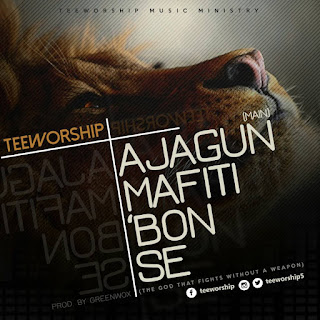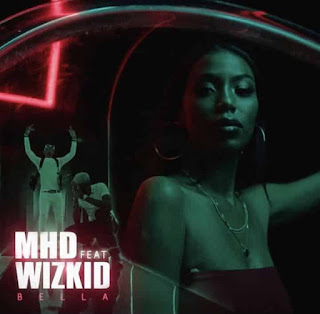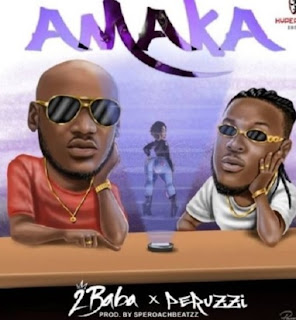A backing track is an “instrument only” music arrangement, that has been created by a music producer so that you as a musician can use it to practice your “solo’s” and “chord changes” on your musical instrument whenever you are practicing. We have nigerian praise and worship backing tracks that you can use to have a feel of playing with a band.
Are you a saxophonist, trumpeter, guitarist or a pianist?
These backing tracks will be very helpful to you.
We have some great and unique backing tracks for you today. Take a closer look below.
We’ve got:
- Makossa Backing track
- Reggae Backing Track
- Slow Highlife Backing Track
- Fast Highlife Backing Track
- Tungba Backing Tracks(popularly known as juju music, its mainly played in weddings and birthday celebrations by local bands in Nigeria)
- Blues Backing Track
- Afro(fela Anikulapo’s kind of music)
You need these backing tracks so you can perfect your soloing technique before you meet the real band in the outside world; it might be your church, school or a concert.
Get yourself prepared before you meet that real band again.
All these backing tracks listed above are going for 2000NGN only for the next 48Hours.
These offer ends on Tuesday Night by 11:59PM.
Thereafter the tracks will be sold for 500Naira per track.
Don’t miss this sweet deal.
PROVIDUS BANK
MOBO TRADING ENTERPRISE
1305890882
After you’ve made the payment send us a mail with a screen shot of the transfer or picture of the teller you used to make the bank deposit.
You can send us a message on whatsapp for more enquiries: +2348136006028
or send us a mail through: michaelphils90@gmail.com
You can find some of our interesting sample nigerian praise and worship backing tracks on youtube. Find the videos below:




